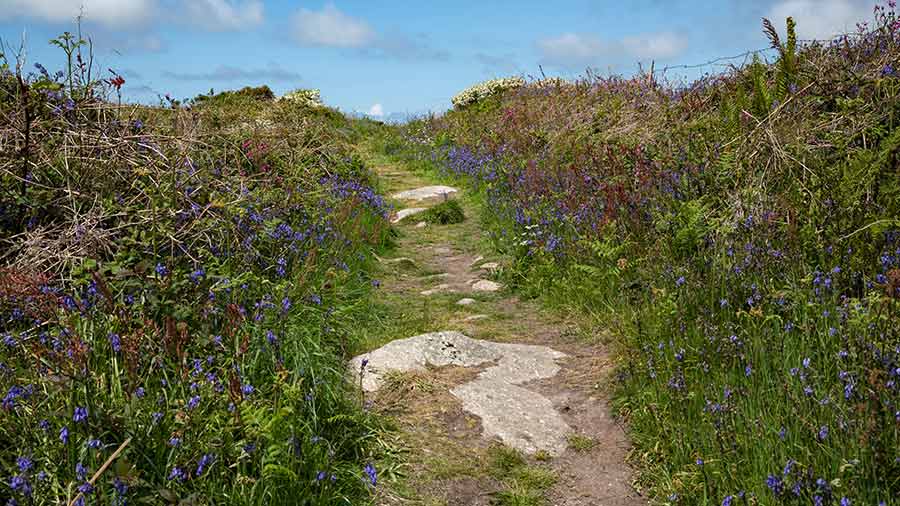Natural England under fire for “anti-farming” stance
 The Penwith peninsula © Jürgen Bochynek/Adobe Stock
The Penwith peninsula © Jürgen Bochynek/Adobe Stock Natural England has been accused of promoting an “anti-farming agenda”, with leading politicians calling for a review of its remit.
Sir Robert Goodwill, chairman of the Environment, Food and Rural Affairs (Efra) select committee, told Farmers Weekly he was considering looking at the legal environmental landscape as part one of the committee’s future reports.
“I think Natural England seems to be pushing the boundaries of its remit to some extent,” he said.
See also: Anger after Natural England confirms Penwith Moors as SSSI
“At the moment, it only seems to know one word and that’s ‘no’ in many cases.”
Natural England has a broad range of powers to protect nature and advise government, but many of its decisions have become mired in controversy in recent years.
In 2019, the agency came under heavy fire for revoking general licences to control pest birds following a legal challenge from campaign group Wild Justice, before reinstating them.
This year, plans to restrict grazing livestock on Dartmoor without any consultation with farmers provoked anger, as did a decision to turn Penwith Moors in west Cornwall into a site of special scientific interest (SSSI).
Brad Tooze, director of greener farming at Natural England, acknowledged these “high-profile, difficult cases” had fed into negative feeling about the agency.
He said he found this “very sad”, but rejected the notion that Natural England was taking top-down decisions.
“We absolutely do need to address that [perception],” he added.
“We are working very closely with Defra on how we can provide higher levels of reward for people who are carrying out actions that represent a high level of ambition, and even potentially extra bonuses for delivering really good outcomes.
“If we can develop that, it would really help this situation.”
‘Enormous powers’
Former Defra secretary George Eustice, meanwhile, said there was a “really big problem” with the legal framework that underpins Natural England.
In March 2022, when he was still in post, he published a “green paper” for circulation around Whitehall that proposed reviewing the functions of Natural England and other environmental agencies.
It has since been dropped by the new ministerial team.
“Natural England has some very talented people, but it really shouldn’t be them that designate SSSIs,” said Mr Eustice.
“They should be giving advice to ministers, just as they do on marine conservation zones or special areas of conservation, and then ministers should make the decision.”
Minette Batters, president of the NFU, also hit out at the “enormous powers” Natural England has, claiming the body acts as “judge and jury” on farming issues.
“Alongside the environment, socio-economic issues and food security have to make up the matrix of decision-making,” she said.
“Otherwise they will always come up with a negative position on farming and the people that farm the land.”
George Dunn, chief executive of the Tenant Farmers Association, was supportive of Mr Eustice’s call to provide more oversight of Natural England, but added an “anti-farming culture” had permeated the agency.
“There’s a growing sense within certain circles that Natural England is taking [the climate narrative on] so-called industrial farming and livestock as gospel, which we don’t believe is evidence-based,” he said.
“It has lost that connection with the farming community that it once had.”
